| : My great-uncle Albert Judson May was the first-born son (March 16, 1845) of John W. and Martha Emily May. In 1868 he married Susan Marguerite Wright Parr, and they had 5 children: Martha Edna (1869-1955), Joe Taylor (1874-1930, thought to be retarded), Oscar L. (1877-1969), Albert Pickett (1882-1969), and Susan Wright (1885-1971). The date of the mother’s death is not known, but it had to have been before 1901, when Uncle Jud married again. The 5 children ranged in age from 32 down to 16 at the time of their father’s remarriage [Right: Albert Judson, Uncle Jud. Odest brother of my grandfather Johnathan Brooks May] |
| His second bride, Martha Ann August Willingham, was the widow of James Marshall Martin, and she brought 4 children into the marriage: James Robert (1888-1964), Melton True, Louise, and Fannie. Aunt Iddi (known as Cousin Iddi to some) was born in 1859 and died in 1954: I recall her funeral, which took place in the 2 story house she occupied facing the old main street through Sawyerville and the railroad just beyond, and even more her burial at Hollow Square Cemetery nearly 2 miles to |
Iddi. Over the years I have seen it spelled Ittti and Ittie. I’ll stick to the Iddi spelling, which is the one used in “Two May Families of Hollow Square.” When in doubt, defer to Berenice May fuller, the author of that work.
One reason that I find composing such as this valuable to me is that I begin to see matters in a different light. I had always assumed that the May and Martin children were little kids and the two widowed parents married to provide a mother and a father in the same home. But these were not infants at the time. Cousin Edna was 32 at the time, and Cousin Susie 16.
Then comes something that can look a bit weird on a genealogical chart: Susie, Jud’s youngest, marries James Robert, Mr. J.R., son of Iddi, in 1911. Again my perspective has changed. l had thought that the 2 had been children raised as brother and sister, but now that seems not to have been the case. Of course they were not blood kin, or if they were if was a fairly distant kinship. I find it interesting that Susie was 3 years older than her husband. From all reports she adored her husband.
The marriage of cousins. That is frequent in the May families, but just think: back in those days in isolated areas like Hollow Square and Sawyerville the only other people you knew were your cousins. I have heard Sawyerville referred to by a lawyer in Greensboro as a “hotbed of incest.” At the time I didn’t realize that he might have been referring to my family. I have read that historically marriage among cousins was thought to be a good thing, for it brought families closer together as a unit and the prohibitions against cousinly marriage derived from the attempt of the Catholic Church to weaken family bonds, which could interfere with church authority. But close kinship does not guarantee a happy family life: reflect back to Cain and Abel, or more recently, the ruling houses of Europe during World War 1. And certainly during my early years the kinfolks in Sawyerville were torn apart by dissension.
| Both of Jud’s daughters married, Edna to Wade Martin (probably kin), significant among their children being Murray Martin (see above) who was my second cousin. Murray married my mother’s middle sister, Martha Julia Turberville, so I grew up knowing him as Uncle Murray. He was a handsome young man. After he married Aunt Jue the couple roomed in the house with my parents. It has been rumored that I was conceived as a way to give my parents an excuse to urge the coouple to seek living wuaters elsewhere. Uncle Murray constructed an apartment on the west side of his store, where the familyu lived until they bouight Mr. M.T.'s house. |
| [Mr. M.T. and his wife, knowd variously to us kids as Miss Bill and Aunt Willie. Miss Bill's family had deep roots close to the Jud May Place and the Kinnaird farm. At the time of their marriage I believe that she was living in Greensboro. Mr. T's funeral took place on Christmas Day, in the late 1940s. The underaker in charge had Christmas dinner with my familyu at a small table in the kitchen.] |
Aunt Iddi’s’s 2 daughters must be accounted for. Miss Fannie married a Mr. Gamewell and moved to Chattanooga, Tennessee. I knew her only slightly, from the occasional visits she made to her mother in my early years. Miss Louise I knew well. An unmarried woman, she lived in the house with her mother, taking over the house after Iddi’s death in 1955. After Miss Louise’s death the property was sold to a Hartsell family, who were living there in November of 1972 when that house burned.
Aunt Iddi’s house was in the lot just to the west of Mr. M.T.’s (later Uncle Murray’s) house. The Sawyerville goat Woodrow, whom some of you will recall, was tethered to a shed that stood (still does, actually) where Iddi’s house was. Woodrow finally liberated himself and wandered all over Sawyerville, in particular hanging around the post office. He too, like all the others mentioned above, is no longer among the living.
That enmity between brothers J.R. and M.T. Nobody seems to know the cause. Speculation involves money and land, both the roots of so much evil. But that is solely speculation.
A significant memory of my pre-pubescent childhood is the time all of the other merchants in Sawyerville ganged up against my father. They wrote letters to congressmen and the postal service complaining that he ran both the post office and a general store, which they said constituted unfair competition. I think my father, good and honorable man that he was, struggled with this problem until the Post Office informed him that there was nothing wrong with his doing both as long as the mercantile business did not interfere with post office operations. This matter simmered for a long time, and I believe both sides never forgot and probably never forgave.
Actually my father’s mercatile business was the smallest in Sawyerville. It was housed in the smallest building of them all, and the post office took up a 4th of the space. Soft drinks, ice cream paten medicines, canned goods, hoop cheese and bologna sausage, coal oil, and gasoline. Very little in the way of dry goods like pants and shoes. But he did have a lot of customers. The reason for that was made apparent to me when I started attending the Sawyerville Veterans and Senior Citizens Appreciate Day Parade every November. Elderly Black people would come up to me. “Aren’t you Mr. May’s son? We loved your daddy. He was the only merchant in Sawyerville who would make the right change!”
Of such small things are reputations made. But I recall my father’s constant telling of the tale of Abraham Lincoln walking many miles to return 2 cents to a customer he had overcharged.
Not long after I moved to New York an even more dramatic event occurred. One of the descendants of Uncle Jud threatened to murder both my father and my Cousin Stephen Jr. The threat was taken seriously. For some time Stephen Jr. carried a pistol with him on the mail route. Another cousin, who loved his uncle and his cousin and was particularly incenses had to be restrained by his wife from bringing a gun out to Sawyerville and shooting the threatening party.
The timing of this even was particularly unfortunate, for it occurred just as my father was facing his increasing blindness and the likelihood that this would make a difference in his ability to continue as postmaster. He did retire from that position not too many months thereafter.
With my mother being the oldest of 7 and my father being the youngest of 8, I grew up with lots of aunts and uncles and cousins, great and otherwise. I quickly learned that large families were just like the world at large. One loves a few, likes a few more, gets along with many, and detests a few. My mother had a saying that she would often use about her large extended families on both sides: ‘You want to whip some and drown some!” She said it humorously, but I think deep down she meant it.
Families. Throughout history and literature they have loomed large. The Wars of the Roses. All those cousins heading the ruling houses of Europe who started WW1. Hayfields and McCoys. Joseph and his Brothers. The sons of Noah. Hamlet’s complicated relationship with his father, uncle, and mother. The Tyrone family in “Long Day’s Journey into Night”: an alcoholic older brother, a consumptive younger brother, a stingy and unloving father, a drug-addicted mother.
It’s no secret than whenever a murder occurs the authorities look first inside the family. Did I mention Cain and Abel?
Maybe in the old days marriage within the clan did bring about more cohesive units. Or was that simply a hope, a dream?
My father wrote a long reminiscence about his early life and May family life for a May family reunion held in Greensboro on September 5, 1981. It is a loving look through rose-colored glasses. He admitted that there was a lot of bad stuff but he wanted to relate only the good stuff. That is understandable, but, I think, misguided. I believe that to understand family one has to look at the bad as well as the good. The good lives on, the bad is often interred with their bones. Yes, over time I have tried to excavate those old bones with mixed results. But I do believe that viewing at least some of the bad along with the good gives me a clearer picture of my family and a greater appreciation of them.
Jud May and Brooks May. What were they truly like? Were they Cain and Abel? Did Brooks buy land to get away from his brother? Did strife between the two echo down the halls of time? We’ll never know. But we may wonder.
“Have you thought of an ending?"
"Yes, several, and all are dark and unpleasant."
"Oh, that won't do! Books ought to have good endings.
How would this do: and they all settled down and lived
together happily ever after?"
"It will do well, if it ever came to that."
"Ah! And where will they live? That's what I often
wonder.”
J.R.R. Tolkien, The Fellowship of the Ring
Do I hate the May family?
Let me close with the very end of William Faulkner’s magnificent “Absalom Absalom!”
"I want you to tell me just one thing more. Why do you hate the South?"
"I dont hate it," Quentin said, quickly, at once, immediately. "I dont hate it," he said. I dont hate it he thought, panting in the cold air, the iron New England dark; I dont. I dont! I dont hate it! I dont hate it!
[What lovely ambiguity!]
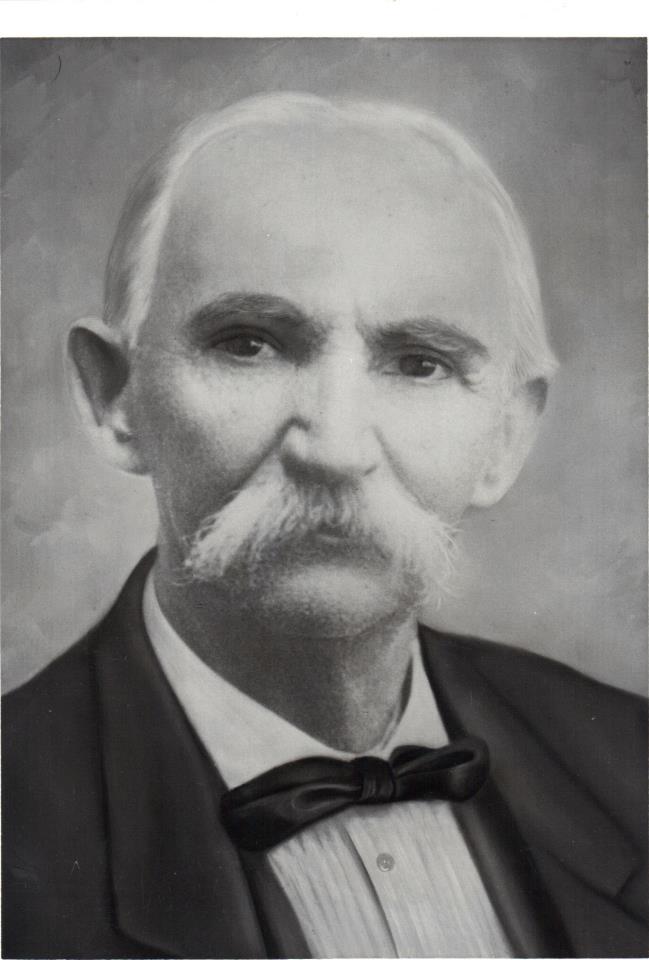
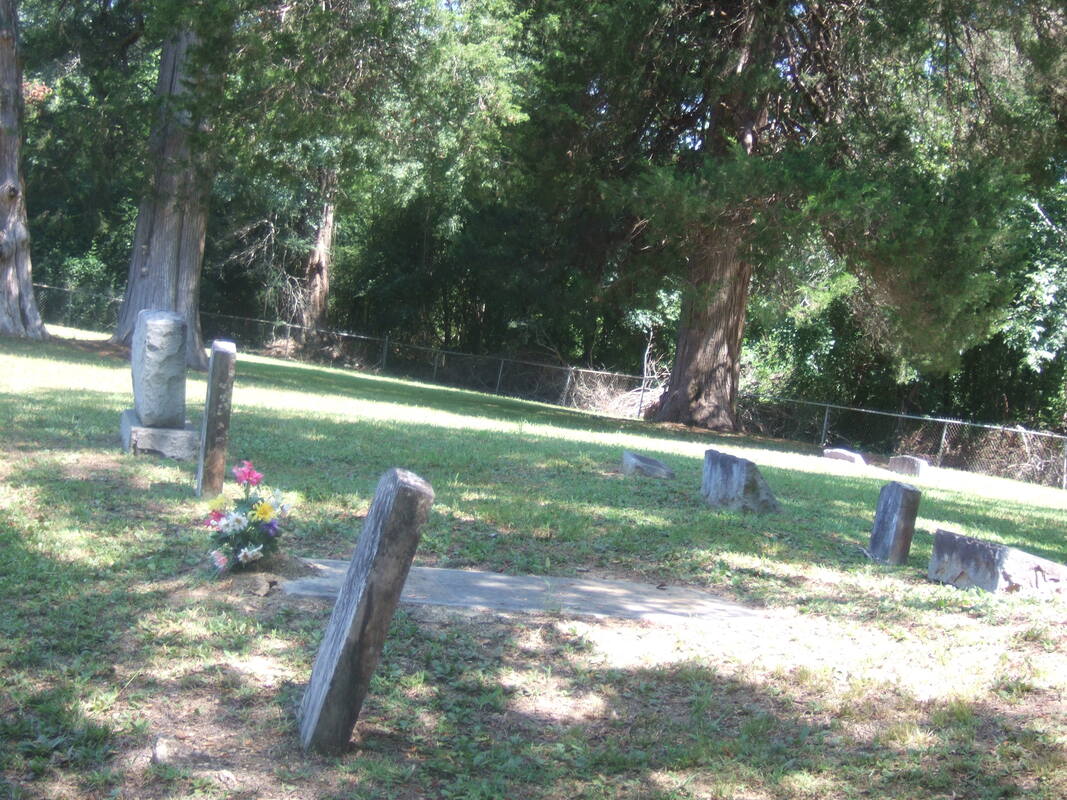
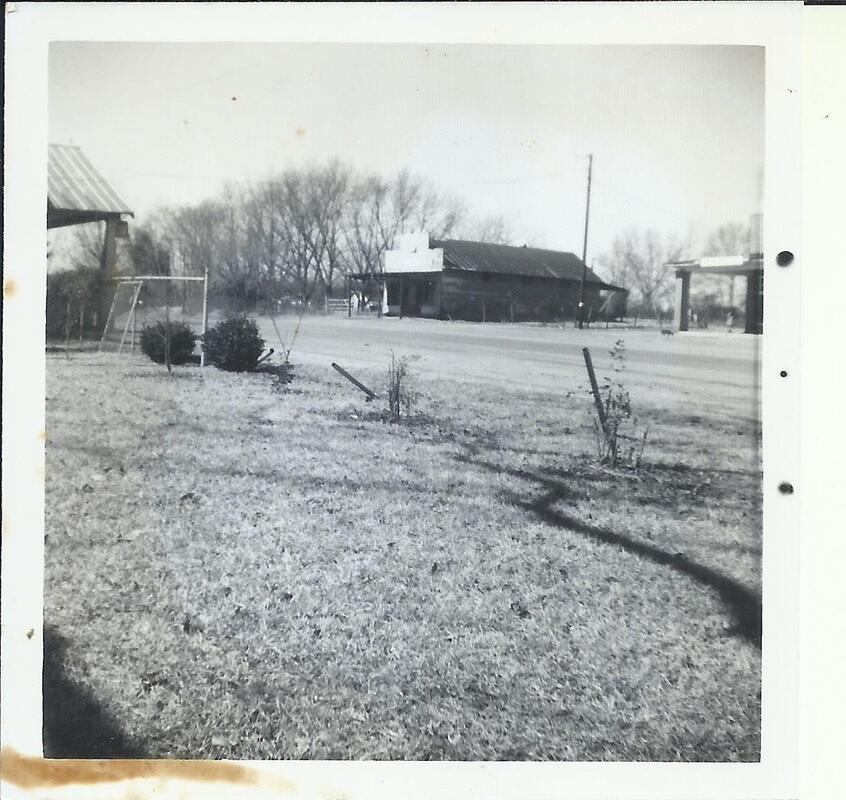
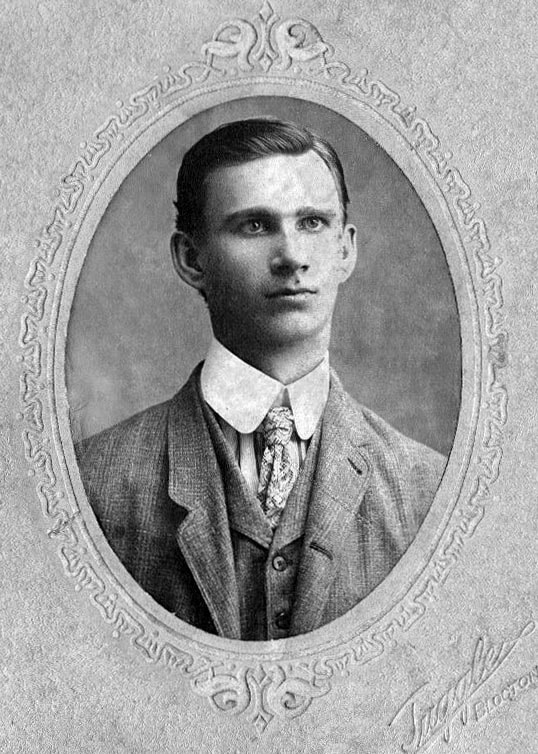
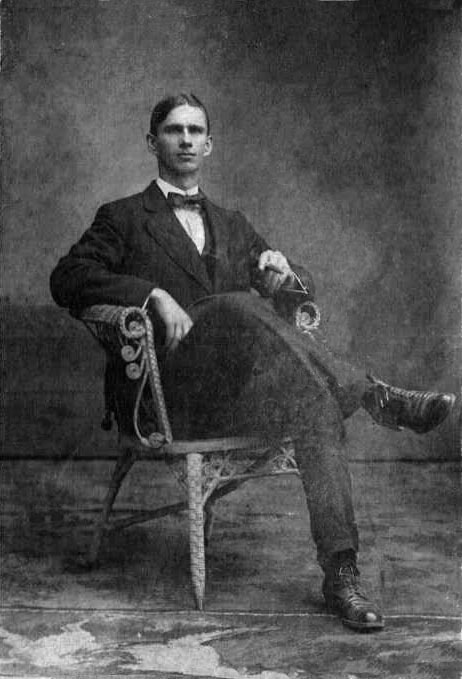
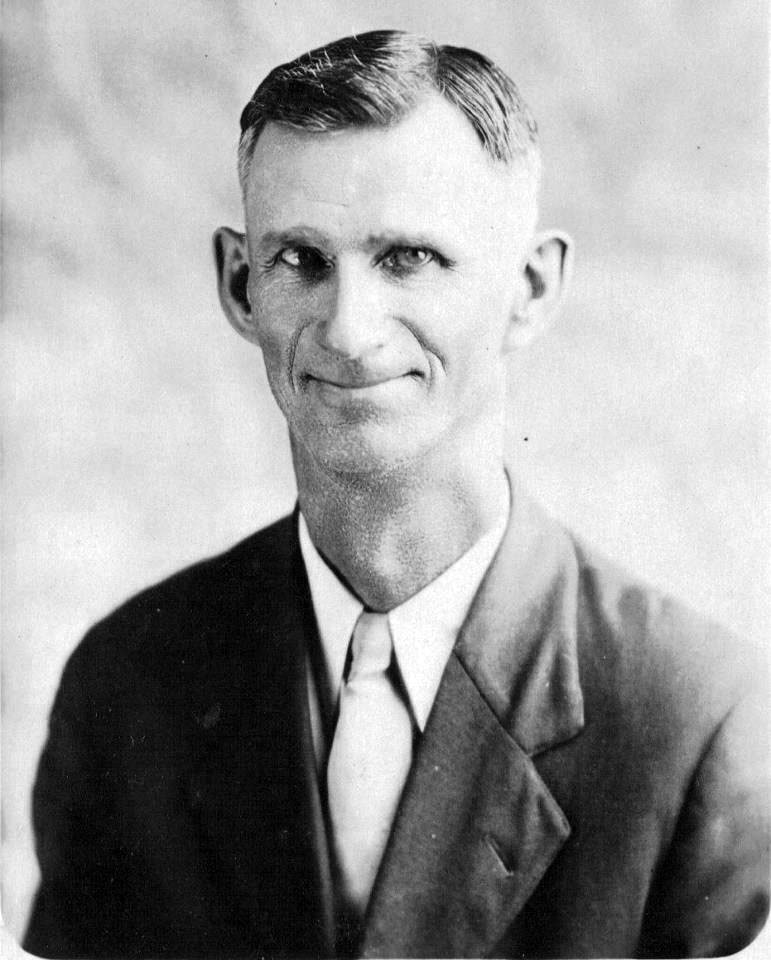
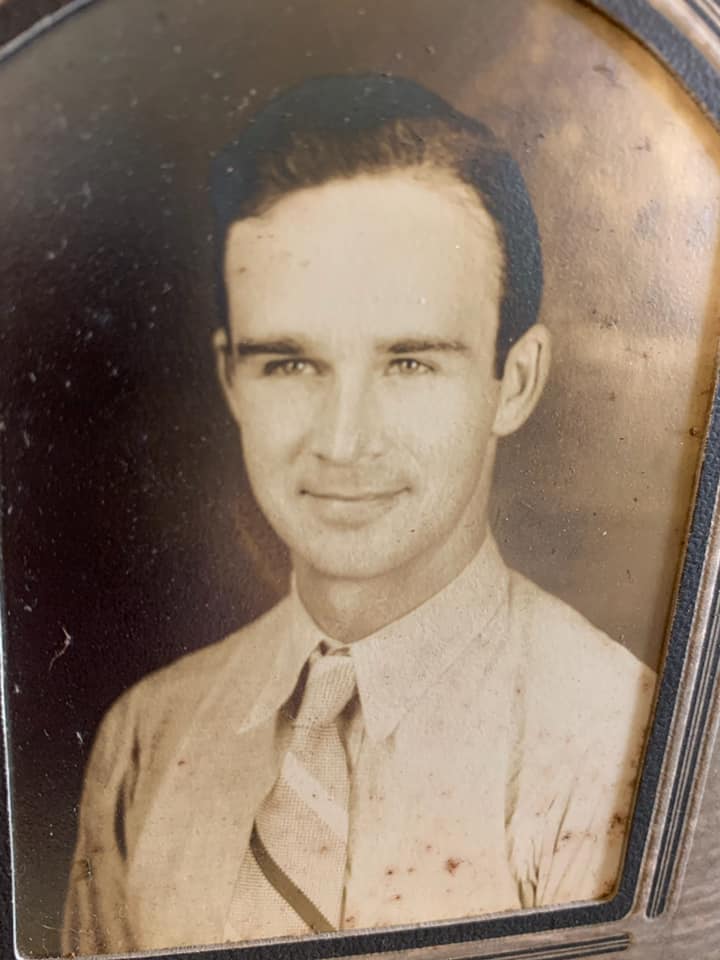
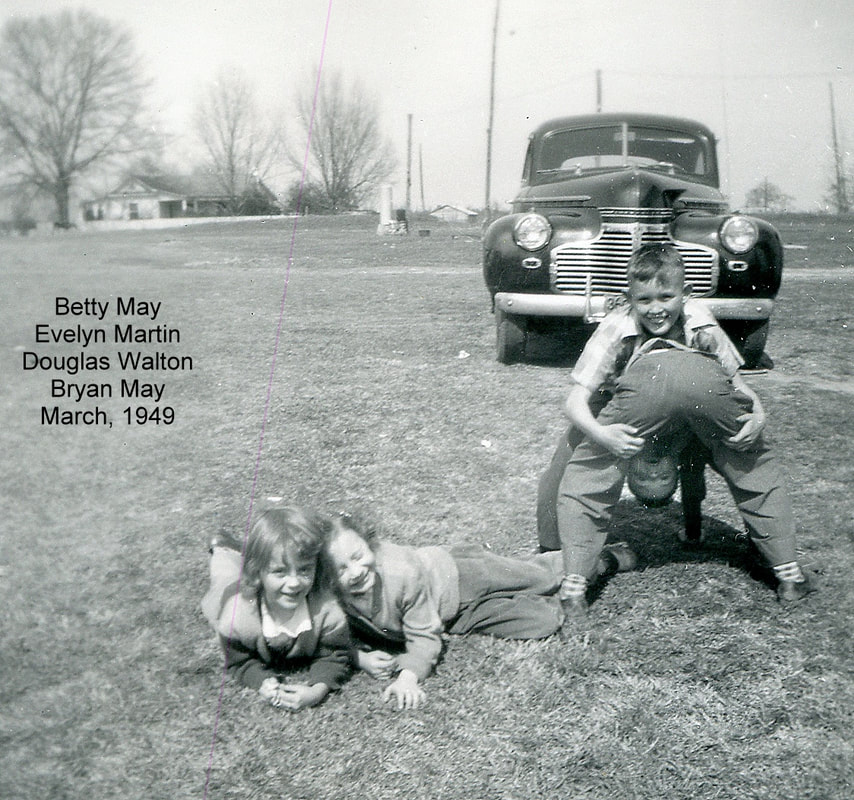
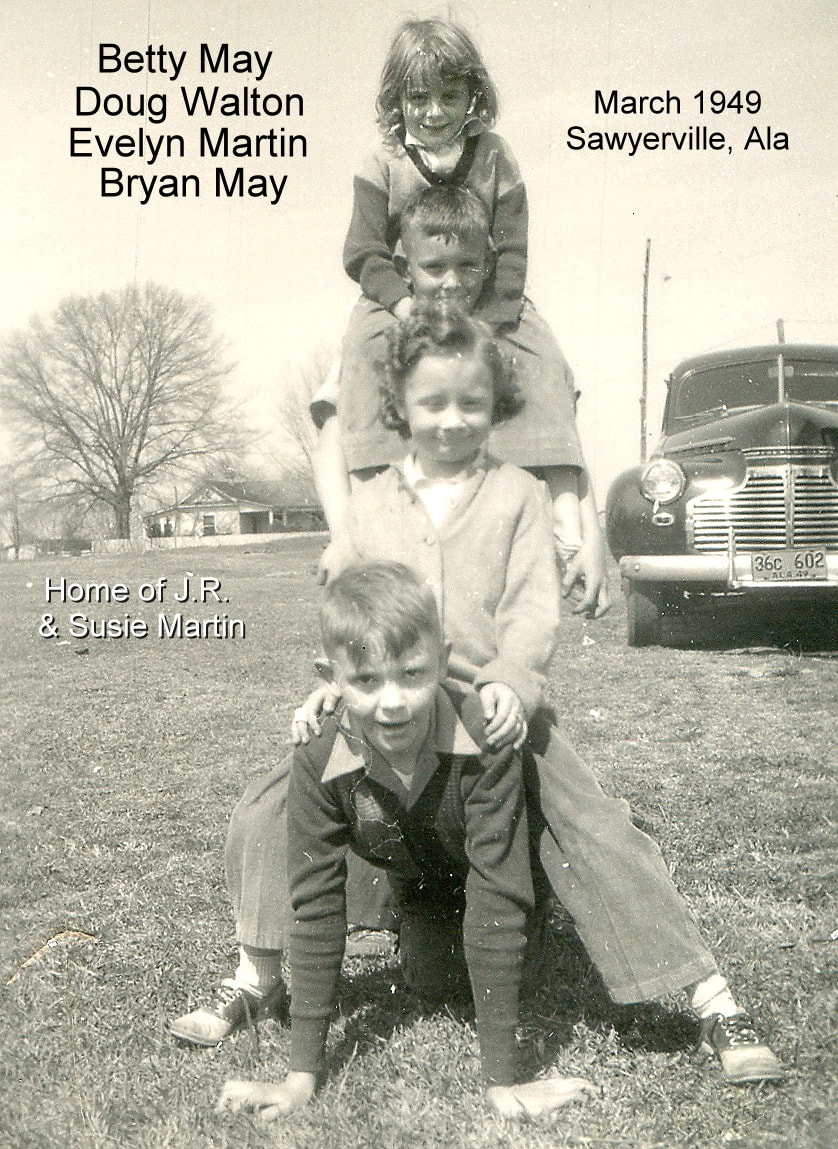
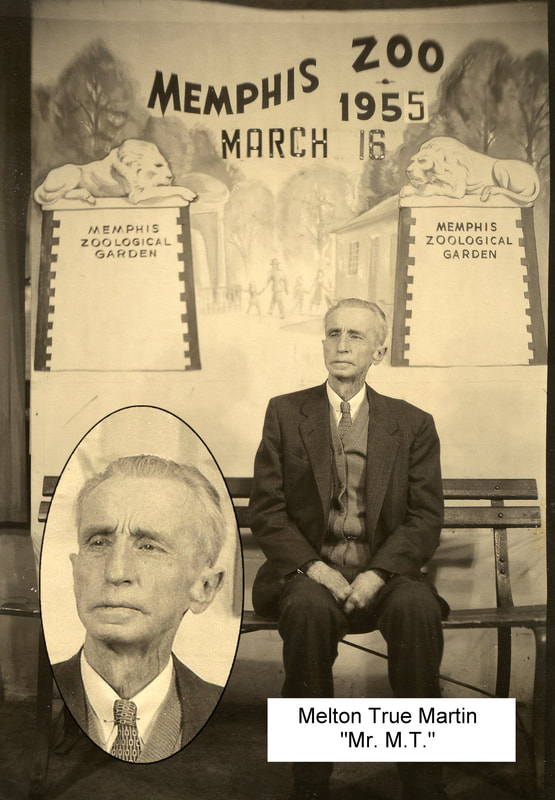
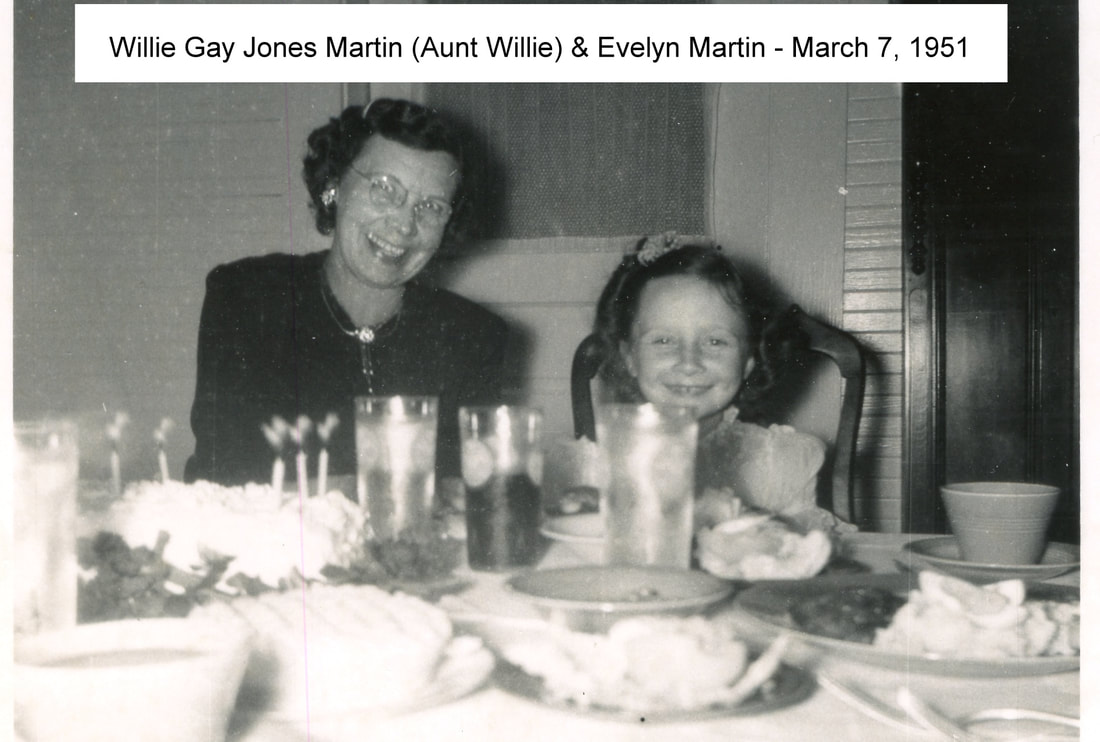
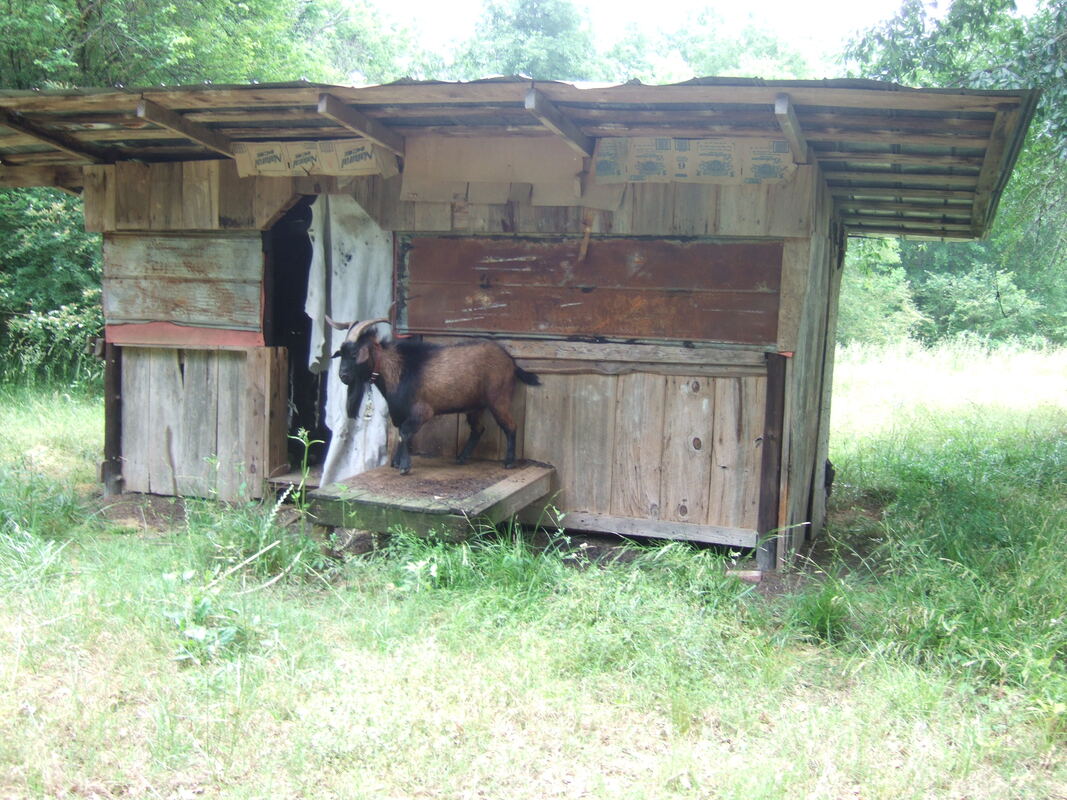
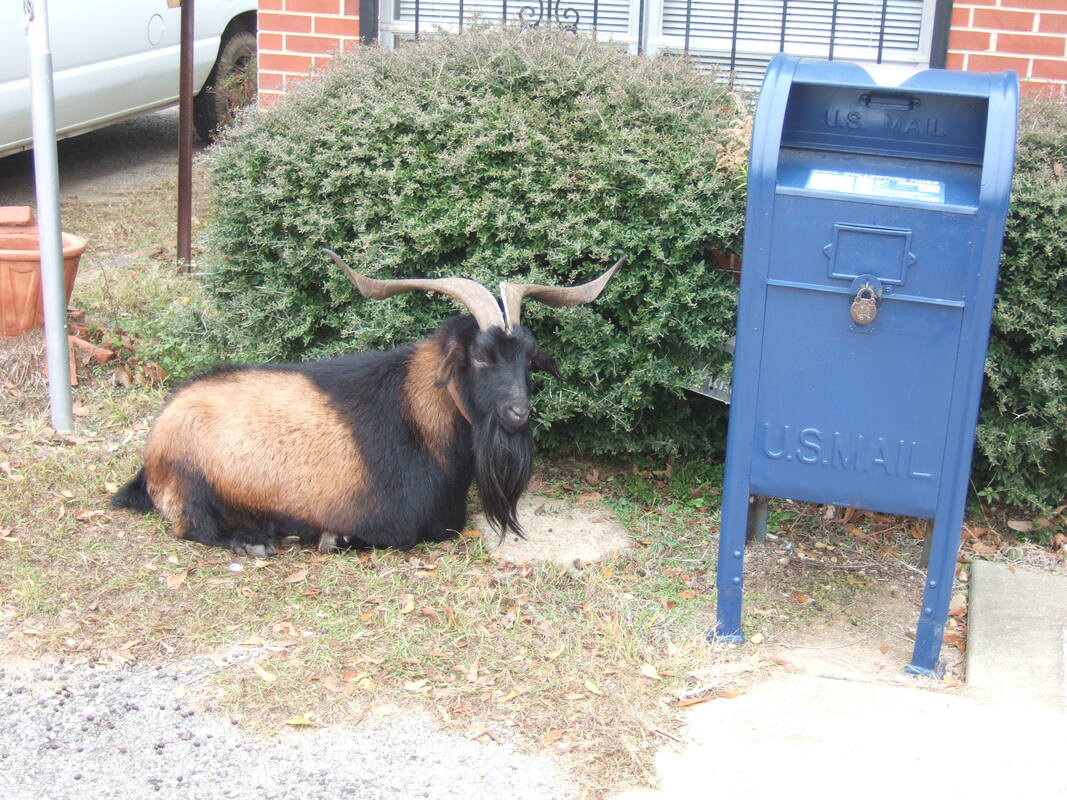
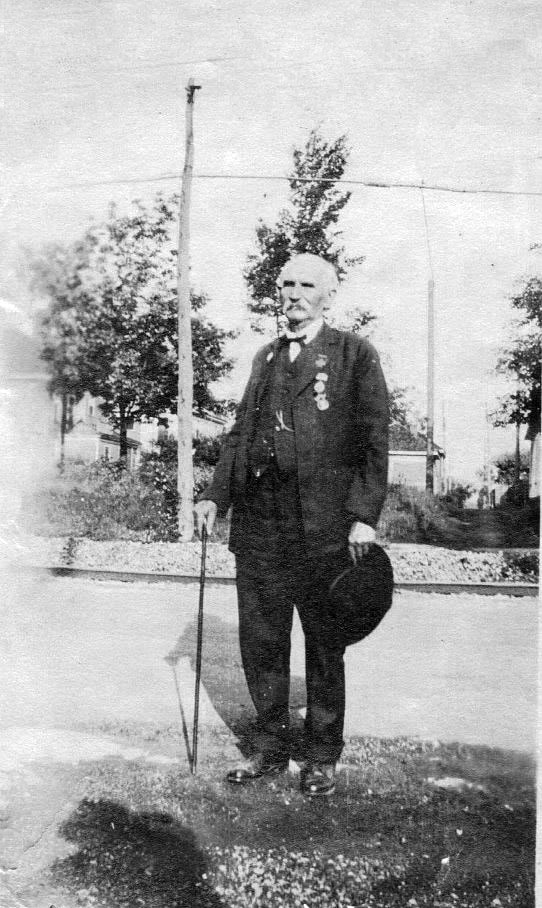
 RSS Feed
RSS Feed